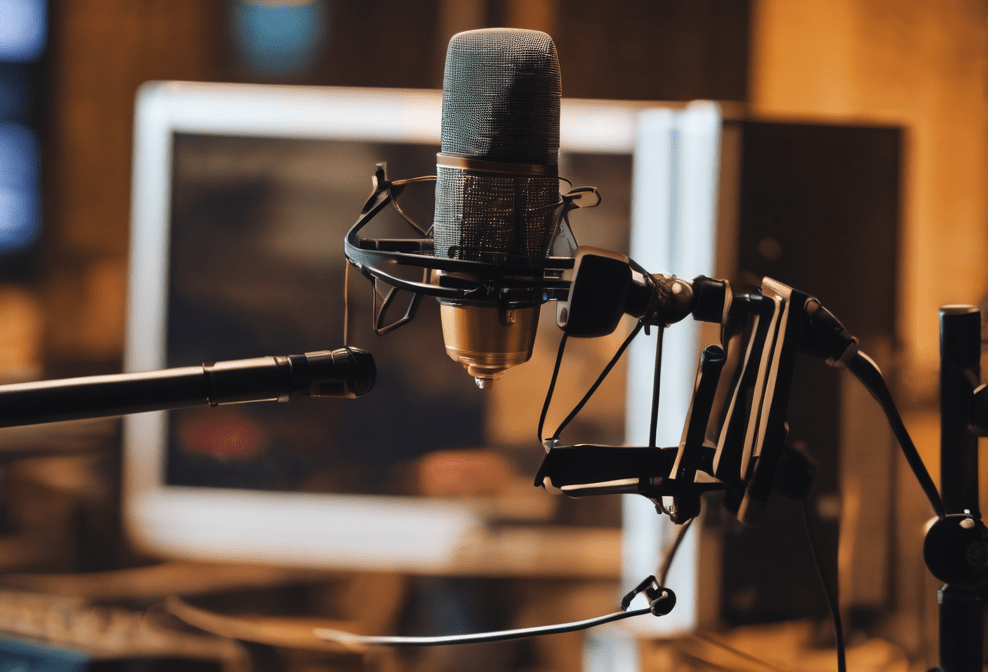In today’s music landscape, internet radio has emerged as an avenue for music consumption. Online streaming services offer listeners an array of genres from around the globe. However, like any digital platform, internet radios must navigate a complex web of legal considerations when it comes to licensing. This article aims to shed light on the landscape surrounding internet radio licensing, providing insights for both creators and listeners.
Understanding Copyright Law
Copyright law forms the foundation of internet radio licensing. It serves as a shield for artists, ensuring they receive compensation for their creative works when played on digital platforms. Its primary purpose is to prevent the use and distribution of songs without permission or clearance.
Performance Rights Organizations (PROs)
Playing a role in simplifying the license acquisition process for internet radio stations are Performance Rights Organizations (PROs). These organizations act as intermediaries between musicians, composers, publishers, and broadcasters by managing copyrights and distributing royalties. PROs work on behalf of their members (songwriters and publishers), negotiating licenses and collecting fees from businesses that utilize copyrighted music.
To legally operate a streaming service or station, it is crucial to obtain licenses from relevant sources such as performance rights organizations or directly from record labels and individual artists. The requirements for these licenses may vary across countries. For example, in the United States, acquiring a radio license might involve working with Performance Radio Organizations as each one handles repertoires.
Types of Internet Radio Licenses
Internet radio stations typically require two types of licenses: performance licenses and mechanical licenses. Let’s take a look at both of these in detail:
Performance License
This license allows internet radios to broadcast songs or performances publicly. By obtaining this license, broadcasters ensure they comply with copyright laws when playing music publicly on their streaming stations.
Mechanical License
A mechanical license permits the reproduction and distribution of copyrighted compositions. This internet radio license is required to offer songs on demand or allow listeners to download music.
What is the Digital Millennium Copyright Act (DMCA)?
The Digital Millennium Copyright Act (DMCA) is a law in the United States that addresses copyright challenges in this age. It provides a harbor for service providers, including internet radio stations, under certain conditions.
Complying with the DMCA involves meeting obligations, such as addressing takedown notices from copyright holders and implementing measures to prevent repeated instances of copyright infringement.
Exploring New Options
While the traditional approach may involve obtaining licenses from PROs and record labels, there have been emerging alternatives over the years. Service providers, like royalty-free music libraries or websites offering licensed stock music, provide a convenient solution for internet radio broadcasters, allowing them to use tracks across various platforms while still adhering to licensing requirements.
Overcoming Licensing Challenges
Licensing can pose challenges for internet radio stations. With a range of songs captivating audiences worldwide, acquiring licenses for each track can be both burdensome and financially unfeasible. Here are some ways one can overcome challenges when it comes to licensing:
Blanket licenses
In some cases, broadcasters can simplify the process by acquiring blanket licenses offered by performance rights organizations. These comprehensive licenses cover a catalog of songs and grant broadcasters access to multiple copyrights through a single agreement.
Negotiations
Internet radio stations may find it beneficial to collaborate with industry players in negotiating agreements with Performance Rights Organizations (PROs) or directly with artists as a unified front. Such collaborations can lead to cost-effective and efficient solutions that benefit all parties involved.
Conclusion
Understanding the aspects of obtaining licenses for internet radio is crucial for creators and listeners alike. It can be challenging as ensuring that online streaming services operate smoothly while respecting artists’ rights and providing compensation is essential. Familiarizing oneself with copyright laws, acquiring licenses from PROs or other licensing options, and complying with DMCA guidelines all contribute to maintaining a music selection and supporting a sustainable music industry.
The post Behind the Streams: The Legal Landscape of Internet Radio Licensing appeared first on 24Hip-Hop.




